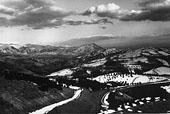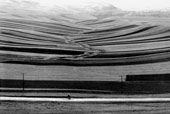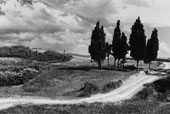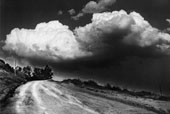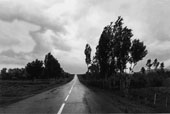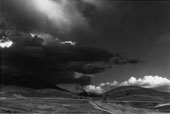The 16th
LaureateTheatre/ Film
Abbas Kiarostami
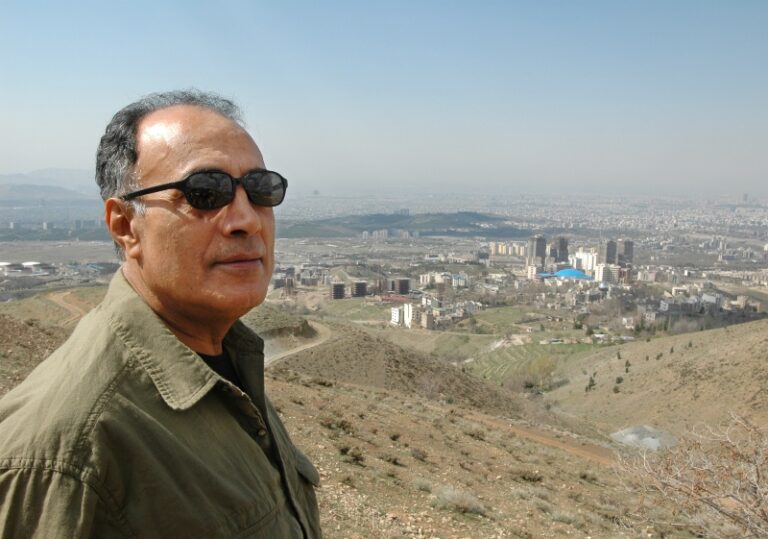
Abbas Kiarostami,born in Tehran in 1940,is a pioneer of Iranian cinema and is considered to be one of today’s most controversial and influential filmmakers. In 1997 he became the first Iranian director ever to win the Palme d’Or of the Cannes Film Festival. Kiarostami has a sparse,down to earth but eloquent style. While being firmly grounded in the physical reality and dreams of the people of Iran,and in Persian philosophy,his films are universally understood. The poetic lyricism and presentation of his films have brought comparisons with the films of Satyajit Ray,Vittorio de Sica,Eric Rohmer,and Jacques Tati. A recent film,Five (2003) is subtitled Dedicated to Ozu.
Kiarostami is also a noted photographer and poet. A bilingual collection of more than 200 of his poems Walking with the Wind was recently published by Harvard University Press.
Biography
Abbas Kiarostami,born in Tehran in 1940,is a pioneer of Iranian cinema and is considered to be one of today’s most controversial and influential filmmakers.
Kiarostami started his career and worked through the 1960’s as an advertising designer and illustrator - making commercials,designing posters,creating credit titles for films,and illustrating children’s books. In 1969 he helped to set up a filmmaking department at the Institute for Intellectual Development of Children and Young Adults. The department went on to become one of Iran’s most recognized film studios,producing Kiarostami’s films as well as films of other Iranian filmmakers. Kiarostami’s films include fiction features,educational shorts,feature-length documentaries,and a series of films for television. Kiarostami has made more than 20 films since his,and the Institute’s,debut film Bread and Alley,a 12 minute piece about a boy’s walk home from school.
Kiarostami’s films started to be shown outside of Iran in the 1980’s. Where is the Friend’s Home? (1987),And Life Goes On (1992) - the first of Kiarostami’s films to be shown at the New York Film Festival - and Through the Olive Trees (1994) were the films that made Kiarostami’s reputation in the West. In 1996 he was honored with a retrospective at the Film Society of Lincoln Center,New York,and in 1997 he came to the Cannes Film Festival with Taste of Cherry and won the grand prize,becoming the first Iranian director ever to win the Palme d’Or. In 1999 Kiarostami received the Special Jury Prize for The Wind Will Carry Us and in 2000 he traveled to Uganda at the request of the United Nations International Fund for Agricultural Development to make the documentary ABC Africa. In 2002 he premiered at Cannes his controversial film Ten,which dealt with Iranian women and was not approved by Iranian censorship officials.
Kiarostami has a sparse,down to earth but eloquent style. He prefers to work with non-professional actors and on location,and until 1991 his favorite subject was children. He shows the physical reality of the people of Iran,and their dreams. While being firmly grounded in a Persian way of thinking,in Persian philosophy,his films are universally understood. The poetic lyricism and presentation of his films have brought comparisons with the films of Satyajit Ray,Vittorio de Sica,Eric Rohmer,and Jacques Tati. His latest film Five (2003) is subtitled Dedicated to Ozu. Khiarostami has stated that Yasujiro Ozu and Buster Keaton are his favorite filmmakers.
Kiarostami is also a noted photographer and poet. A bilingual collection of more than 200 of his poems,Walking with the Wind,was recently published by Harvard University Press.
Chronology
Founded the film department of Kanun
-
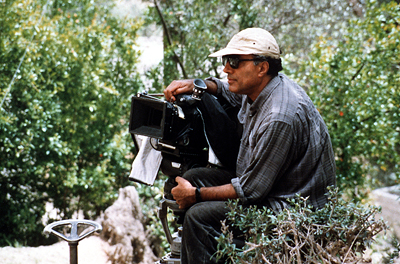
Photos:Courtesy of Euro Space
-
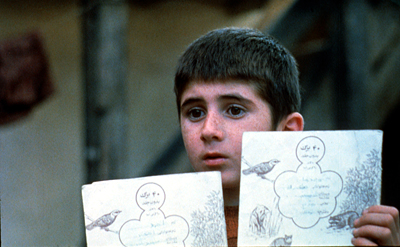
Where is the Friend's Home? 1987
-
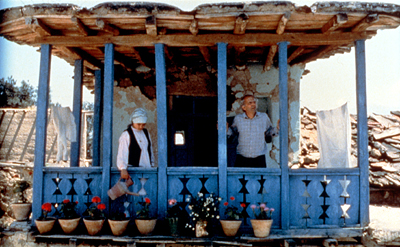
And Life Goes On.... 1992
-
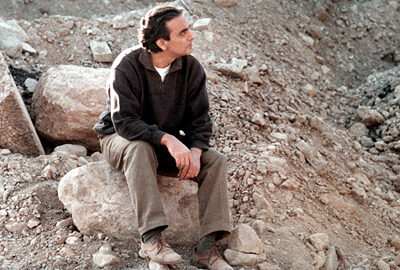
Taste of Cherry 1997
-
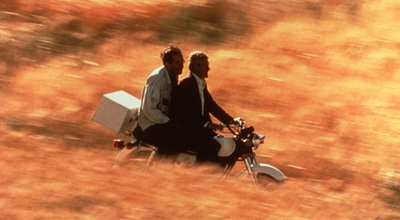
The Wind Will Carry Us 1999
-
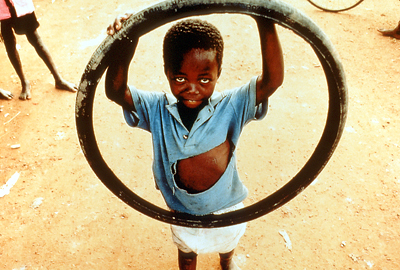
ABC Africa 2001
-
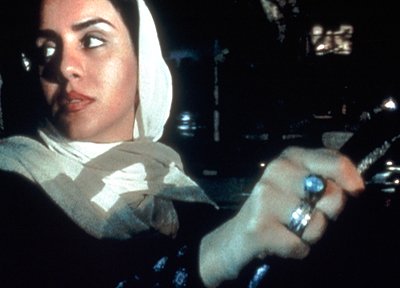
Ten 2002
-
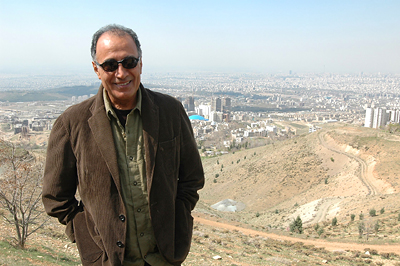
in Tehran, Iran
Lecture
COMMEMORATIVE EXHIBITION
Photo Exhibition by ABBAS KIAROSTAMI
Gallery Saka -October 19-30, 2004
Hakone Open Air Museum -November 6-December 12, 2004
The commemorative photo exhibition of Mr. Abbas Kiarostami’s works was held at Sakakura Junzo Memorial Gallery Saka in Akasaka, Tokyo from October 19 to 30.
Mr. Kiarostami is recognized internationally for film-making, but he is also known for beautiful photos of nature in his motherland Iran. In commemoration of his becoming a Praemium Imperiale laureate, the Japan Art Association chose 36 photos of mountain roads in Iran for exhibition.
The opening reception was held at 17:00 on October 19, and international advisors Dr. von Weizsäcker and Mr. Luers, were among the crowd that gathered to congratulate Mr. Kiarostami. The cinema director and photographer said, "I spend time taking photos every other week. Why roads? It is hard to explain."
The exhibition toured to Hakone Open-Air Museum from November 6 to December 12.
-
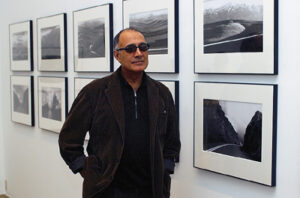 Abbas Kiarostami
Abbas Kiarostami
The Roads
Recently when I pulled open a drawer I noticed I had taken quite a lot of photos of roads.
This reminded me that I put a scene of a road in the opening shot of The Wind Will Carry Us.
In Iranian poems, road has a deep meaning.
It means to go,to emigrate, to go from one point to another and so forth.
The road also has the meaning of parting sorrow, and arriving at a new place.
We, in our life, cross various roads, some are steep, some sloping.
Every road begins from a certain point and ends in another point.
And every road has its own stories, of the people who cross them to start another journey.
--- Abbas Kiarostami


